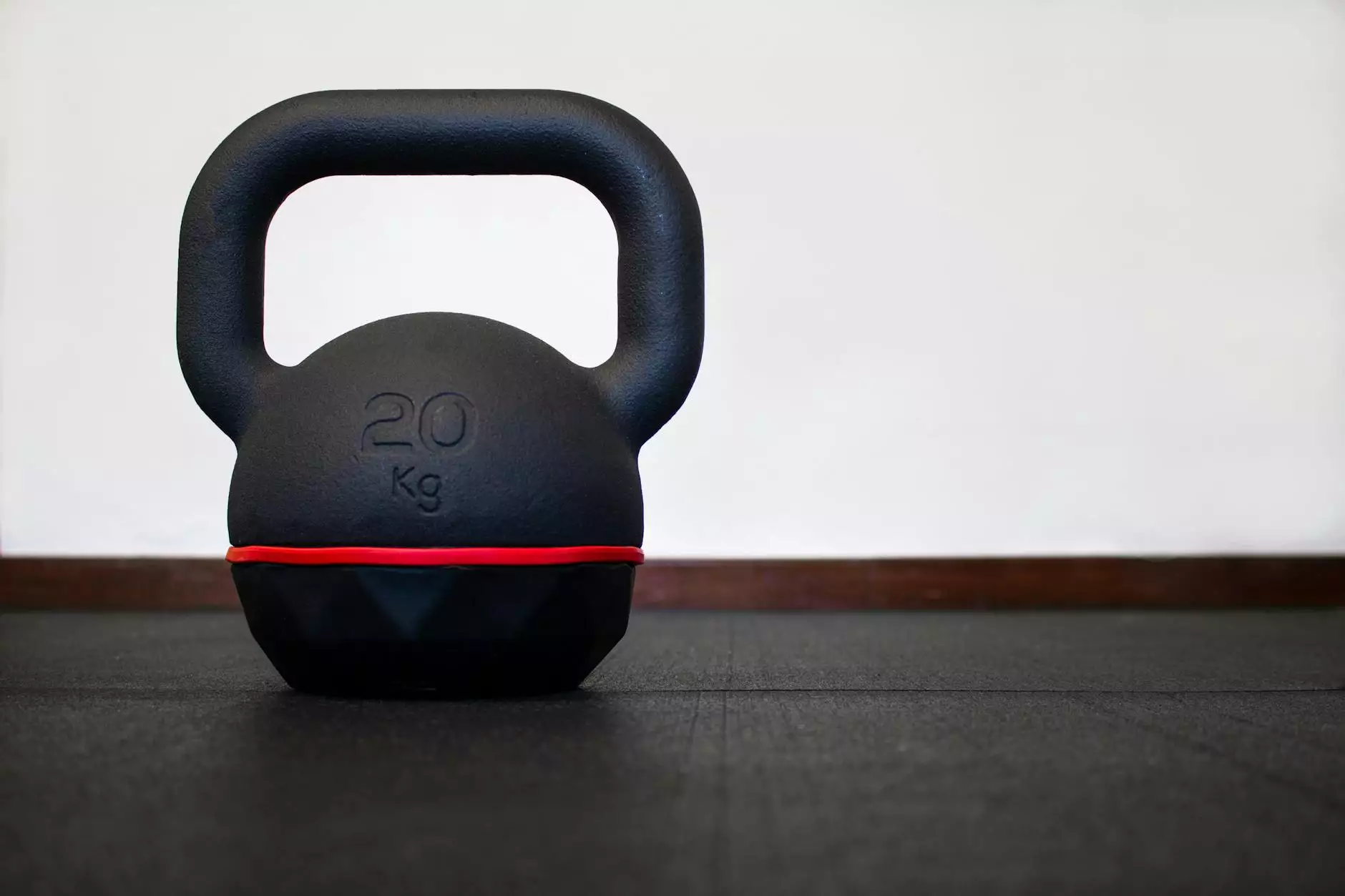Maximize Profit: How to Sell Used Cars Effectively

If you're looking to sell used cars, you're not alone. The automotive market is bustling with opportunities for sellers who know how to navigate the process effectively. Whether you're a dealer or an individual looking to offload your vehicle, understanding the nuances of selling can help you get the best price for your car.
Understanding the Market for Used Cars
Before diving into the selling process, it’s crucial to understand the current landscape of the used car market. Various factors influence car prices, including:
- Demand and Supply: The balance of how many buyers are looking for cars versus how many cars are available can significantly affect prices.
- Seasonality: Certain times of the year, like tax season or before school starts, can boost demand.
- Car Condition: The state of your vehicle, including mileage, maintenance records, and overall appearance, can impact its value.
Assessing Your Vehicle's Value
Knowing how to accurately assess your vehicle's value is essential. This includes:
- Research Online: Websites like Kelley Blue Book and Edmunds can provide you with a fair market value based on your car's make, model, year, and condition.
- Get a Professional Appraisal: Consider hiring a professional to assess your vehicle if you’re unsure about self-evaluation.
- Factor in Modifications: If your vehicle has aftermarket parts or custom modifications, know that they may not always increase its value.
Preparing Your Car for Sale
Once you've assessed the value, preparation is key. A well-prepared car attracts more buyers and can command a better price. Here’s how to prepare:
Detailing Your Car
First impressions matter! Ensure your vehicle is in pristine condition:
- Clean the Exterior: Wash, wax, and polish to give your car a like-new appearance.
- Interior Cleanup: Remove clutter, vacuum, and spot clean to make your car inviting.
- Engine Bay Cleaning: While not as critical, having a clean engine bay can leave a good impression on potential buyers.
Gathering Important Documents
Ensure you have all necessary paperwork ready, including:
- Title: Clear title is crucial for a smooth transfer.
- Maintenance Records: These prove that the car was well taken care of.
- Vehicle History Report: Offering a report can relieve buyer concerns about accidents or repairs.
Strategizing Your Selling Approach
With preparations complete, it's time to decide how you want to sell used cars. Here are some effective strategies:
Selling Privately vs. Through a Dealer
Each route has its pros and cons:
- Selling Privately: Typically allows for a higher sale price, but requires more effort in advertising and showing the car.
- Using a Dealer: Offers convenience and speed, but dealers will take a cut from the sale price.
Optimizing Your Online Listings
If you choose to sell online, create listings that stand out:
- High-Quality Photos: Post multiple angles and highlight key features.
- Detailed Description: Be honest about your vehicle’s condition and provide all relevant details.
- Competitive Pricing: Analyze competitor listings to price your car attractively.
Marketing Your Used Car
Effective marketing can drastically improve your chances of selling quickly and at a desirable price. Here are key tactics:
Utilizing Social Media
Leverage social platforms to reach potential buyers. Share your listing in local groups, and encourage friends to spread the word. Using hashtags can also help increase visibility.
Traditional Advertising Methods
Don’t underestimate traditional methods:
- Flyers: Post flyers in community centers, grocery stores, or cafes.
- Local Newspapers: Place an ad in the classifieds for additional exposure.
Negotiation Tips for Selling Used Cars
When it comes time to negotiate, staying confident and informed is key. Here are some techniques to consider:
Know Your Bottom Line
Before engaging in negotiation, decide the lowest price you're willing to accept. This will help you avoid agreeing to less than you're comfortable with.
Stay Professional
Approach negotiations with a calm demeanor. Listen to buyer concerns and respond with facts about your car’s value.
Be Ready to Walk Away
If negotiations aren’t going in your favor, be prepared to walk away. This strategy can often lead to an improved offer from the buyer.
Finalizing the Sale
Once you reach an agreement, ensure a smooth transaction:
Completing the Paperwork
Fill out the title transfer accurately and keep copies of all documents for your records.
Payment Methods
Accept secure payment methods, such as cash or certified checks. Avoid personal checks unless you can verify funds are available.
Post-Sale Considerations
After selling your car, consider notifying your insurance company and removing the vehicle from your policy. This protects you from potential liabilities related to the vehicle.
Conclusion
Successfully selling your used car involves a combination of preparation, effective marketing, and strategic negotiation. By understanding the market, presenting your vehicle in the best light, and approaching buyers with confidence, you can maximize your profit and ensure a smooth selling experience. Whether you're an individual or a dealer looking to sell used cars, applying these strategies will help you stand out in the competitive automotive market.









